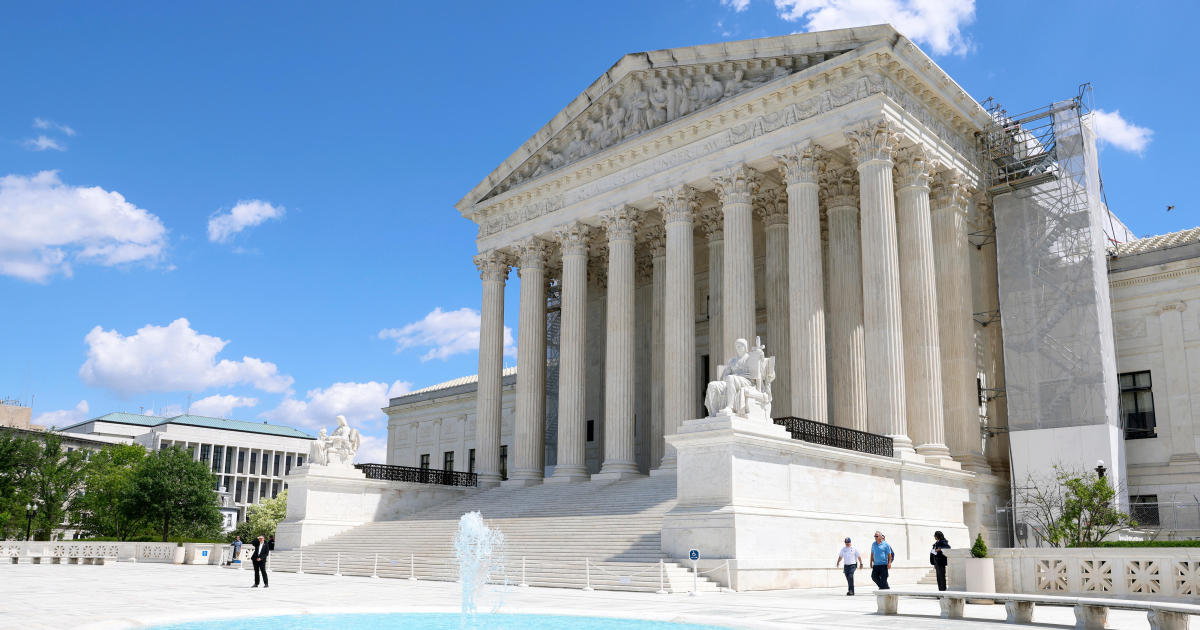Impeach Trump? Not so fast, say these Democratic leaders
Recent filings from special counsel Robert Mueller on cases involving Donald Trump associates provide ample fodder for congressional Democrats looking to expand investigations on the president when they take control of the House in January. But members are wary of proceeding with articles of impeachment.
Though Democratic House wins in November shifted talk of impeachment out of the purely hypothetical realm, lawmakers have practical and political realities of their own to consider, particularly with another presidential election on the horizon.
New revelations from federal prosecutors in New York and from Mueller's investigation indicate that Mr. Trump directed his personal attorney, Michael Cohen, to issue payments to two women with whom he is alleged to have had affairs, a violation of campaign finance laws. They also disclose that Cohen, who is cooperating with the special counsel, spoke with a Russian national "who could offer the campaign 'political synergy' and 'synergy on a government level.'"
While Democrats are eager for oversight and accountability of the president, they are also acutely aware of the risks of overreach. Several members argue that the Mueller probe should reach its conclusion before they move ahead with impeachment.
Likely incoming House Intelligence Committee Chairman Adam Schiff, D-California — who told CBS News' "Face the Nation" Sunday that Trump "may be the first president in quite some time to face the real prospect of jail time" — has been careful about calling for impeachment. "I think we need to wait till we see the full picture," he said.
And the newly elected House Democratic Caucus Chair Rep. Hakeem Jeffries, of New York, said that even though Mr. Trump "conducted himself like an organized crime boss," Democrats need to be cautious. "We have to proceed carefully as it relates to impeachment because it is the ultimate political death penalty, put into the Constitution for extraordinary circumstances," he said on MSNBC.
The specter of Bill Clinton's impeachment looms large, particularly because many lawmakers from that era remain in Congress. One of them is New York Rep. Jerry Nadler, who will likely chair the Judiciary Committee come January.
Nadler, who defended Clinton against impeachment at the time, acknowledged in an interview with CNN's "State of the Union" that if Mr. Trump coordinated with Cohen to commit a felony, that would be an impeachable offense. But he's wary of using impeachment to undo the will of the voters who elected Mr. Trump. "You don't necessarily launch an impeachment against the president because he committed an impeachable offense," Nadler said. "There are several things you have to look at...An impeachment is an attempt to, in effect, overturn or change the result of the last election. And you should do it only for very serious situations."
Others from that era say Democrats would be wise to take things slowly. "In retrospect, I would say perhaps we were too quick on the trigger in the case of Bill Clinton," former Republican Rep. Bob Inglis, who helped draft articles of impeachment against Clinton as a member of the Judiciary Committee, told CBS. "I wish we had been more careful and less quick to take action because it's such a momentous step."
Republicans faced political backlash for their efforts at the time, losing congressional seats in the 1998 midterm and seeing Clinton's approval rating rise as a result. "It's wise for Democrats to be very circumspect about impeachment and insisting on waiting for the Mueller report to be out and see what's in it," said Inglis, who also argues that the charges against Mr. Trump are more serious than the ones against Clinton.
And with the 2020 presidential election already getting under way, some Democrats have argued that elections should decide the future of the commander in chief.
Other Democrats say there are logistical considerations, given that the Republican-controlled Senate would be unlikely to support impeachment, even if articles of impeachment were to move through the House.
"If everything in the Mueller filing and indictments is true, then yes, the president has committed crimes, and yes, they would be impeachable offenses. The question is, impeachment is somewhat of a political process, and that means we need to get Republicans on board as well," said Rep. Pramila Jayapal, of Washington, one of the 58 Democrats who voted to move ahead with impeachment last year, before Democrats won control on the House.
So far, Republicans have been united against such prospect and many have come to the president's defense. "I think it'll help the president get re-elected," Senate Majority Leader Mitch McConnell, R-Ky., told The Associated Press in October. "This business of presidential harassment may or may not be quite the winner they think it is."
"This thing is still not complete until it is complete," Republican Sen. John Thune, R-South Dakota, told "Face the Nation" about conclusions so far from the Mueller probe. "I think it's probably mostly speculation on the part of those of us who are not privy to all the details that the Mueller investigation are looking at."
For now, Democrats argue the best path forward is to continue investigations in the House, using subpoena power when necessary. "I think it's hold our own hearings, have our own jurisdictional authority, assert that authority assert our subpoena power to actually get answers within our committee, and let's see where all of that happens," said Jayapal, a member of the Judiciary Committee. "And at the same time, being very mindful in making sure Robert Mueller does finish his investigation and that Donald Trump does not stop him from doing that or curtail his resources."




